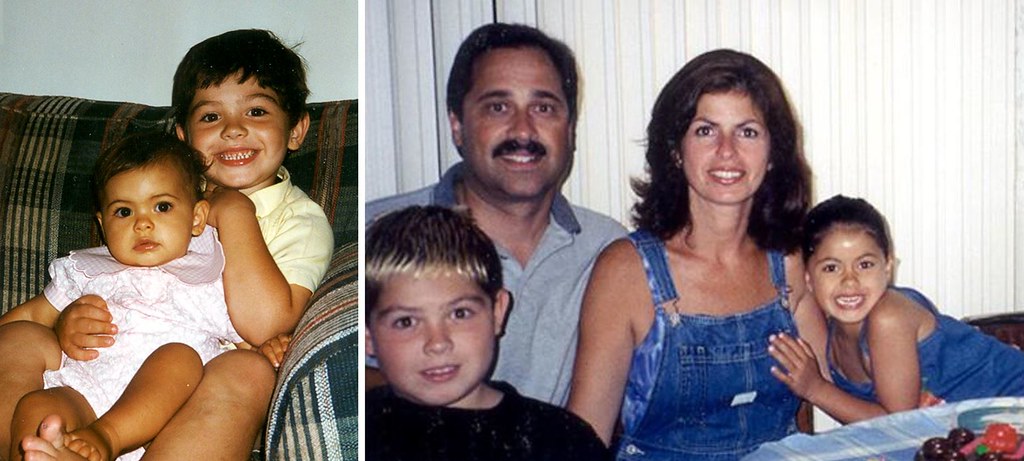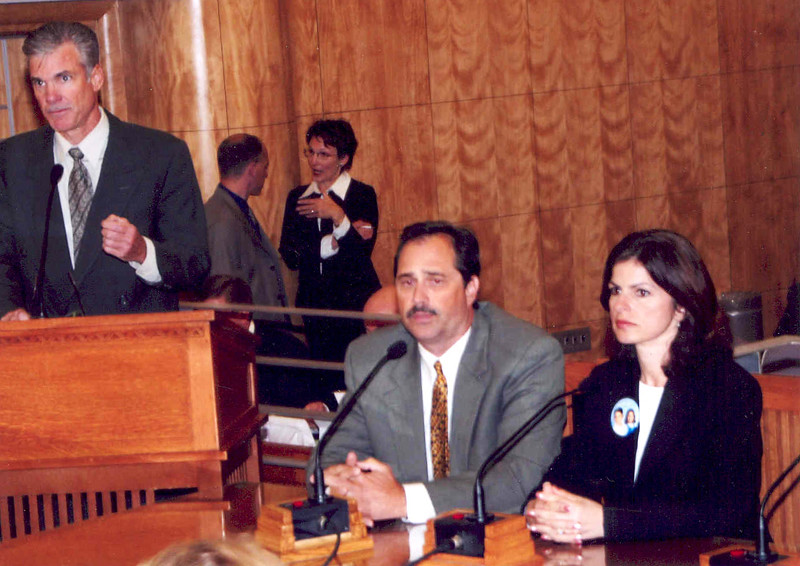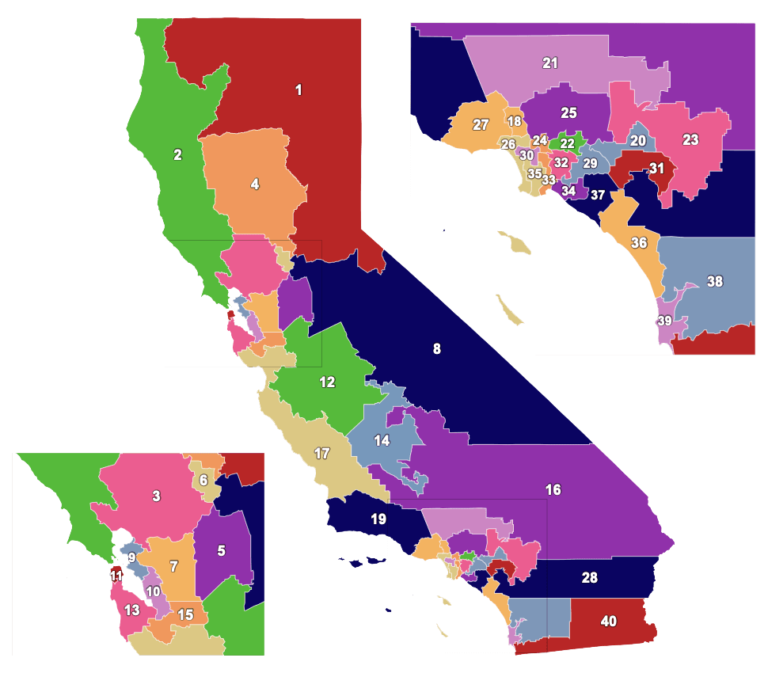
It could have been a Norman Rockwell scene. Troy and Alana Pack, ages 10 and 7 were walking with their mom and two other neighborhood kids to a Baskin Robbins ice cream store near their home in the comfortable Northern California community of Danville. It was a warm Indian summer night in October 2003. The kids had been out playing all afternoon. They had enjoyed a family barbeque and looked forward to their favorite after-dinner treat.
The calm picture along a leafy parkway was shattered when a late-model Mercedes came screaming towards them.
The car squealed across three lanes of traffic, jumped the curb and roared along the sidewalk with no sign of stopping. Troy and Alana were hit head-on, their tiny bodies catapulted into the air. Their mom, Carmen, five months pregnant with twins, pushed Alana’s friend out of the way, then herself was smacked by the car. A friend of Troy’s escaped serious injury by diving out of the way.
By the time Bob Pack rushed to the scene after a neighbor called with the awful news, it was too late for both his children.
His wife lay gravely injured. She would survive, but lost the twins. The driver of the car fled.

Pack, a man of calm fortitude who had helped co-found the internet firm NetZero, grappled with his grief by launching a search for answers.
The task of securing criminal accountability proved relatively swift. Police and the FBI within days caught up to the driver, a woman named Jimena Barreto, as she attempted to flee the country. A judge sentenced her to 30 years in prison.
Equally vexing to Pack was the matter of the healthcare system’s role in the accident. Through police investigation, he came to find out that Barreto was stoned on prescription drugs chased by vodka. She told investigators she had fallen asleep at the wheel.
Police determined she had been working the healthcare system for several years, scoring thousands of pills, all through Kaiser doctors. In the two weeks before the accident, she had “doctor shopped” half a dozen Kaiser physicians in the area to acquire 340 pain killers and half again as many muscle relaxers. She took them all before the accident.
Pack felt that Kaiser bore a measure of culpability for failing to maintain any sort of safeguard to prevent the sort of abuse that had, like a cascading row of dominoes, led to the deaths of his children. In the age of the internet, an era Pack and so many others had mastered, how could the big HMO let such abuse occur without warning?
He would launch what for the past decade has been a quest to ensure California puts safeguards in place, a quest that continues to this day. Pack would also run headlong into the limits of the enduring 1975 California law presented by the Medical Injury Compensation Reform Act that caps damages for non-economic suffering at $250,000.

Pack wanted to hold Kaiser accountable, to use the sting of civil courts to prod the HMO giant to make changes that would protect other innocent victims that could fall afoul of doctor shoppers who were made possible by the unethical and oversubscribing by doctors.
In the end, he would secure no victory. Because of the 46-year-old cap on compensation, the lives of Troy and Alana Pack were worth just $250,000.
Californians will have the chance to vote on the Fairness for Injured Patients Act on the November 2022 ballot. The Fairness Act would update California’s medical malpractice damage cap for nearly 50 years of inflation, and allow judges and juries to decide fair compensation in cases involving catastrophic injury or death. Learn more about this campaign for patient safety.
Meet more patients
[visual_portfolio id=”16135″]Click the map to view stories by Senate District


A state law that hasn’t changed since 1975 caps compensation for families harmed by medical negligence. The limits apply to lost quality of life, even if a patient loses a leg, a child, or is disabled for life. Click on the picture of the map to find patients by the State Senate Districts they live in.
Share This Facebook-f TwitterPaid for by Consumer Watchdog Campaign for the Fairness for Injured Patients Act
Committee Major Funding from:
Consumer Watchdog Campaign Nonprofit 501(c)(4)












